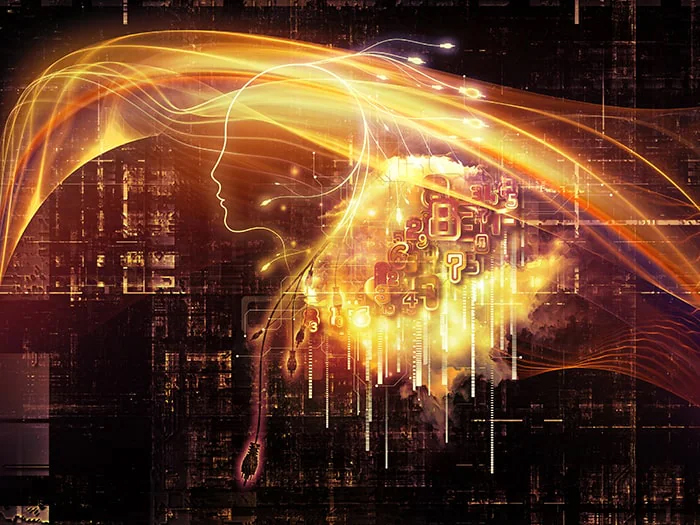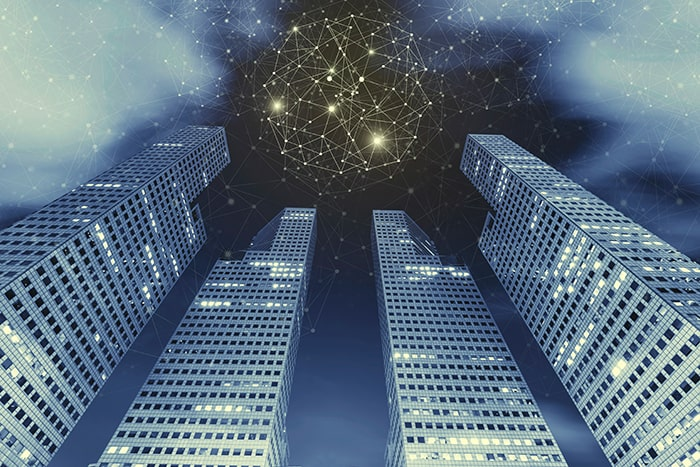Recently, with the continuous evolution of artificial intelligence technology, artificial intelligence agents are using their unique advantages to form a significant difference from traditional artificial intelligence systems in terms of functions, gradually reshaping the lighting industry and bringing it unprecedented intelligent, efficient and personalized experience.
Artificial intelligence agents are highly autonomous and can make independent decisions without human supervision. They can continuously improve their performance through continuous learning and adaptation, which is very different from relatively static traditional artificial intelligence systems. Their goal-oriented characteristics enable them to focus on long-term goals, flexibly adjust strategies, and demonstrate excellent task processing and interactive collaboration capabilities in complex and changing environments.

In the lighting industry, AI agents have broad application prospects. In the field of intelligent lighting control, complex systems supported by AI agents can dynamically optimize lighting in real time based on sensor data, user preferences and environmental conditions. For example, AI-driven LED lighting can automatically adjust brightness, color temperature and distribution according to space occupancy and natural light levels, greatly improving energy efficiency.
In terms of personalized lighting experience, AI agents customize lighting scenes that conform to personal circadian rhythms by learning user behavior and environmental variables, improving comfort, productivity, and emotional and cognitive functions.
In the installation and maintenance phase, AI agents can realize the automatic communication and setting of the self-learning network of lighting components, reduce debugging time and cost, and use predictive maintenance to analyze performance data, troubleshoot potential problems in advance, and reduce downtime risks.

In energy optimization, AI agents analyze usage patterns and integrate with building management systems to ensure that lighting consumes the lowest energy in the best state, especially in the regulation of smart city street lights.
In the lighting design phase, AI agents can assist designers in generating optimal lighting layouts based on space, user needs and energy efficiency goals, and simplify the design process. In addition, AI agents in lighting systems will also be deeply integrated with smart building technologies such as HVAC and access control management to promote the intelligent management of the entire building.
Industry insiders predict that the integration of agent-based artificial intelligence and the lighting industry will become a new engine for market growth. Many companies committed to developing AI lighting solutions have been at the forefront of industry change, and innovative products are constantly emerging. The lighting industry is ushering in an all-round intelligent transformation. In the future, lighting systems will play a greater role in human welfare, productivity and sustainable development.


